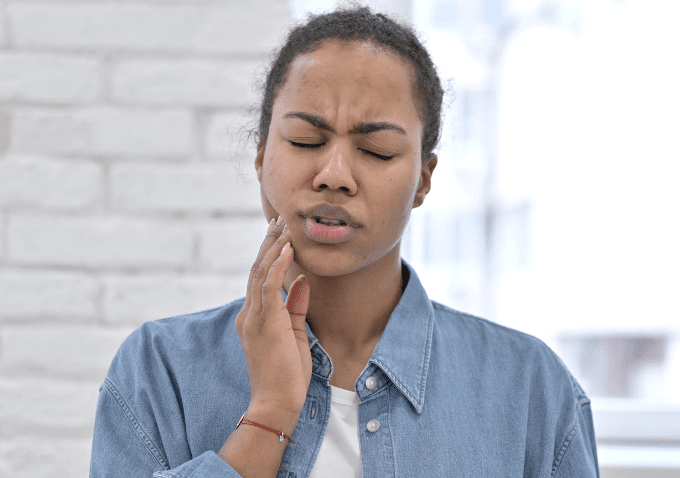
Temporomandibular joint disorders (TMJ) and sleep disorders may seem unrelated, but research suggests a strong correlation between the two. Understanding the intricate relationship between TMJ and sleep disorders can provide a more comprehensive approach to diagnosis, management, and treatment.
Understanding TMJ Disorders
The temporomandibular joint (TMJ) acts as a sliding hinge, connecting the jawbone to the skull. TMJ disorders, a type of temporomandibular disorder (TMD), can cause pain in your jaw joint and in the muscles that control jaw movement. Typical symptoms include pain around the jaw, face, and ear, difficulty chewing, and a locking or clicking sensation in the jaw.
The Link Between TMJ and Sleep Disorders
A significant number of individuals suffering from TMJ disorders also experience sleep disturbances. These can range from insomnia (trouble falling and staying asleep) to sleep-disordered breathing such as sleep apnea.
Pain and Discomfort: The pain and discomfort associated with TMJ disorders can make it difficult for sufferers to achieve restful, quality sleep. Difficulty in opening and closing the jaw, tension in the surrounding muscles, and chronic facial pain can all contribute to sleep disturbances.
Sleep Bruxism: This is a condition characterized by grinding or clenching of the teeth during sleep. It’s a significant risk factor for TMJ disorders as it places undue stress on the joint and surrounding muscles, leading to TMJ pain and dysfunction. Simultaneously, sleep bruxism is associated with other sleep disturbances such as sleep apnea.
Sleep Apnea: Obstructive Sleep Apnea (OSA), a condition characterized by repeated interruptions in breathing during sleep due to the relaxation of throat muscles, has been linked to TMJ disorders. Jaw structure and positioning have a crucial role in maintaining an open, unobstructed airway, so TMJ disorders can directly or indirectly influence the occurrence of OSA. Conversely, the strain of intense snoring and jaw movements related to OSA can exacerbate TMJ disorders.
The intricate link between TMJ disorders and sleep disturbances underscores the need for an integrated approach to treatment. If you are suffering from a TMJ disorder and experiencing sleep issues, it is important to communicate these symptoms to your healthcare provider. By treating these conditions simultaneously, it’s possible to improve both jaw function and sleep quality, significantly improving the quality of life.
How Our TMJ Treat Works
Our TMJ treatment strategy centers around adjusting the upper cervical spine to reinstate the typical alignment between the skull and neck. This approach aims to restore the jaw muscles to their natural resting position and minimize the risk of subsequent jaw injuries.
Your journey towards TMJ relief begins at our clinic with a detailed physical evaluation. In this assessment, our seasoned chiropractor, Dr. Bello, will utilize gentle X-rays and cone-beam computed tomography to precisely identify the misaligned vertebrae’s location and angle.
Equipped with this crucial data, Dr. Bello will administer a sequence of mild, non-invasive upper cervical chiropractic adjustments to rectify the alignment of the upper cervical spine. During your period under Dr. Bello’s care, you’ll receive a personalized treatment plan designed to alleviate any ongoing symptoms and thwart the reappearance of TMJ.
If TMJ has been causing you distress, Dr. Bello is here to provide relief. He extends his services in upper cervical chiropractic care for TMJ to residents of Culver City, Los Angeles, Marina Del Rey, Beverly Hills, Brentwood, Westwood, Santa Monica, West Los Angeles, and neighboring areas.
